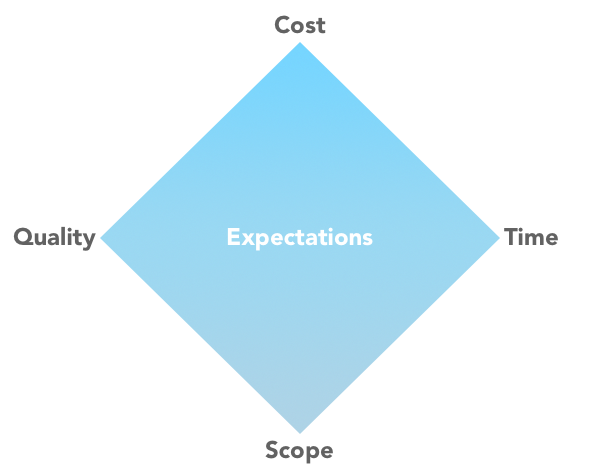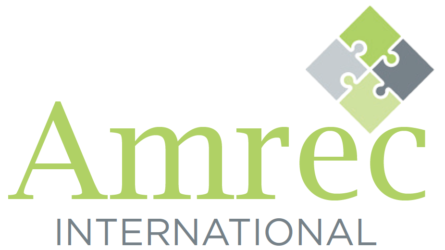Project Management is the process of initiating, planning, executing, controlling and closing the work to achieve the specific deliverables. The major challenges of Project Management is to achieve the project deliverables within the constraints of scope, budget, time, quality, resources and risk. At its core, then, project management centres on the planning and control of everything involved in delivering the end result – and it’s a process that every person on a project team needs to embrace, understand and execute, no matter the experience level.
Project Management uses cross-functional teams to assist in the process of planning, organizing, securing, leading, delegating, and controlling of resources to achieve specific goals for a finite objective. Project management is the process of organizing the way that changes are implemented efficiently within an organization.
A simple definition of project management includes a handful of key premises:
· Project management is no small task.
· Project management has a definite beginning and end. It’s not a continuous process.
· Project management uses various tools to measure accomplishments and track project tasks. These
include Work Breakdown Structures, Gantt charts and PERT charts.
· Projects frequently need ad-hoc resources rather than dedicated, full-time positions common in organisations.
· Project management reduces risk and increases the chance of success.
In words, the triple constraint has four core elements:
· Projects must be within cost.
· Projects must be delivered on time.
· Projects must be within scope.
· Projects must meet customer quality requirements.








